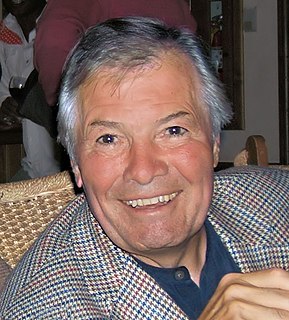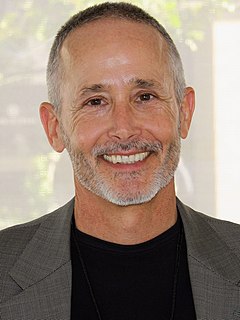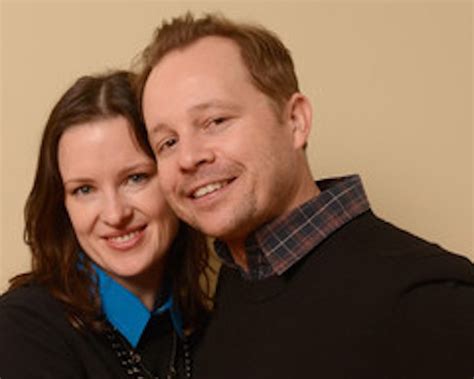A Quote by Patricia MacLachlan
I, myself, write to change my life, to make it come out the way I want it to. But other people write for other reasons: to see more closely what it is they are thinking about, what they may be afraid of. Sometimes writers write to solve a problem, to answer their own question. All these reasons are good reasons. And that is the most important thing I'll ever tell you. Maybe it is the most important thing you'll ever hear. Ever.
Related Quotes
Throughout all of the changes that have happened in my life, one of the priorities I've had is to never change the way I write songs and the reasons I write songs. I write songs to help me understand life a little more. I write songs to get past things that cause me pain. And I write songs because sometimes life makes more sense to me when it's being sung in a chorus, and when I can write it in a verse.
What do prisoners do? Write, of course; even if they have to use blood as ink, as the Marquis de Sade did. The reasons they write, the exquisitely frustrating restrictions of their autonomy and the fact that no one listens to their cries, are all the reasons that mentally ill people, and even many normal people write. We write to escape our prisons.
Be undeniably good. When people ask me how do you make it in show business or whatever, what I always tell them & nobody ever takes note of it 'cause it's not the answer they wanted to hear-what they want to hear is here's how you get an agent, here's how you write a script, here's how you do this-but I always say, “Be so good they can't ignore you.” If somebody's thinking, “How can I be really good?” people are going to come to you. It's much easier doing it that way than going to cocktail parties.
Not write what you know, but know what you write. If you write about a world before, after, or other than this one, enter that world completely. Search it to find your deepest longings and most terrible fears. Let imagination carry you as far as it may, as long as you recount the voyage with excitement and wonder. But this is the most important rule: write the book you most long to read.
I'm never trying to make a statement about morality ever. If there's a statement to be made, it's "People are complicated. They do things that may hurt other people, or exploit other people, but they may do them for the right reasons, or out of desperation." I don't judge that sort of "bad" behavior. I'm only interested in a world where people break outside of the norm, and I believe people do whatever they have to do to relieve themselves of pain. I just want to watch and see how that plays out.
The most important thing is you can't write what you wouldn't read for pleasure. It's a mistake to analyze the market thinking you can write whatever is hot. You can't say you're going to write romance when you don't even like it. You need to write what you would read if you expect anybody else to read it.
Something I always tell students is, when you're writing something, you want to write the first draft and you want it to come out easily in the beginning. If you're afraid to say what you really have to say, you stammer. [...] You're judging yourself, you know, thinking about your listener. You're not thinking about what you're saying. And that same thing happens when you write.






































